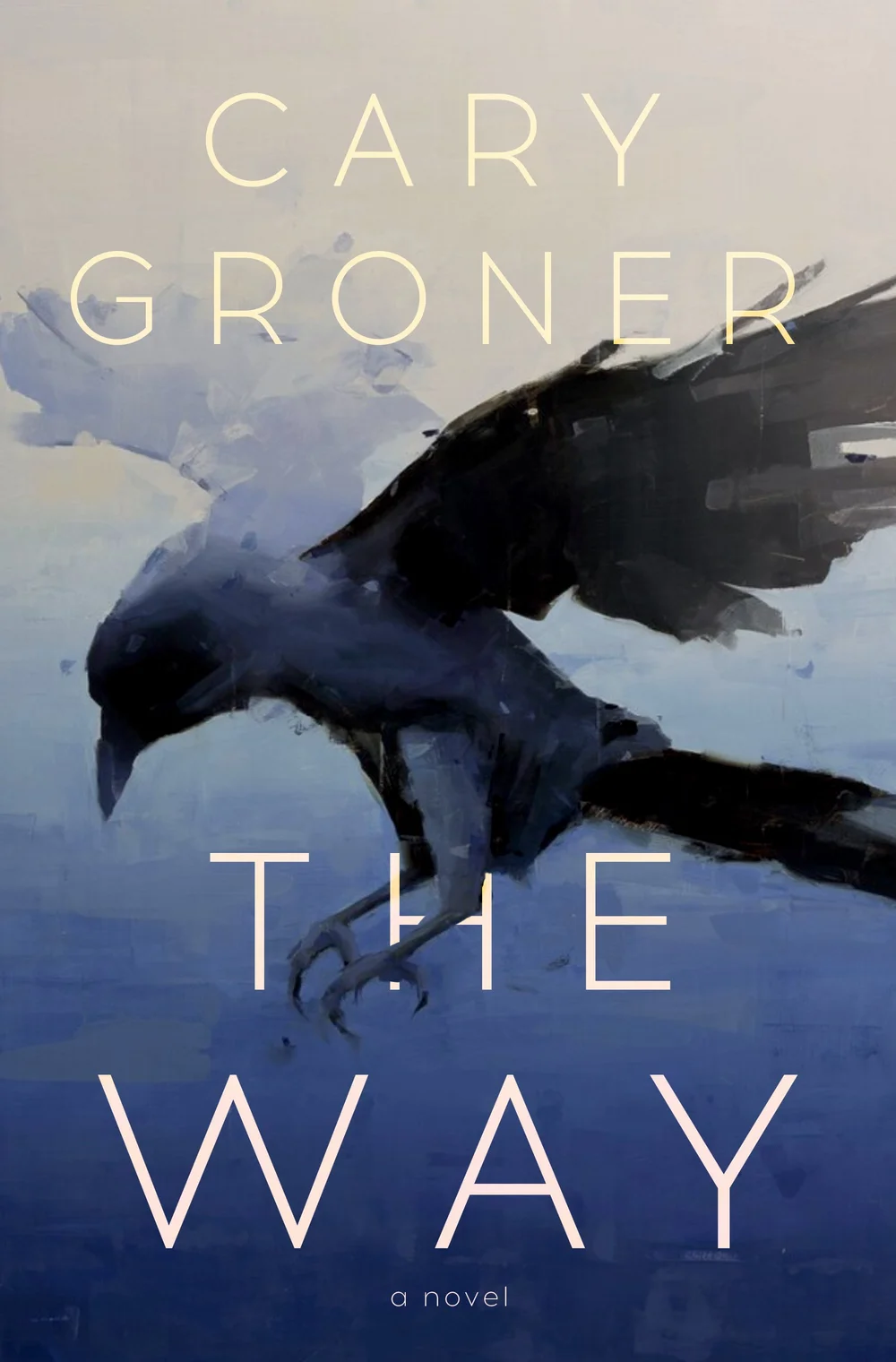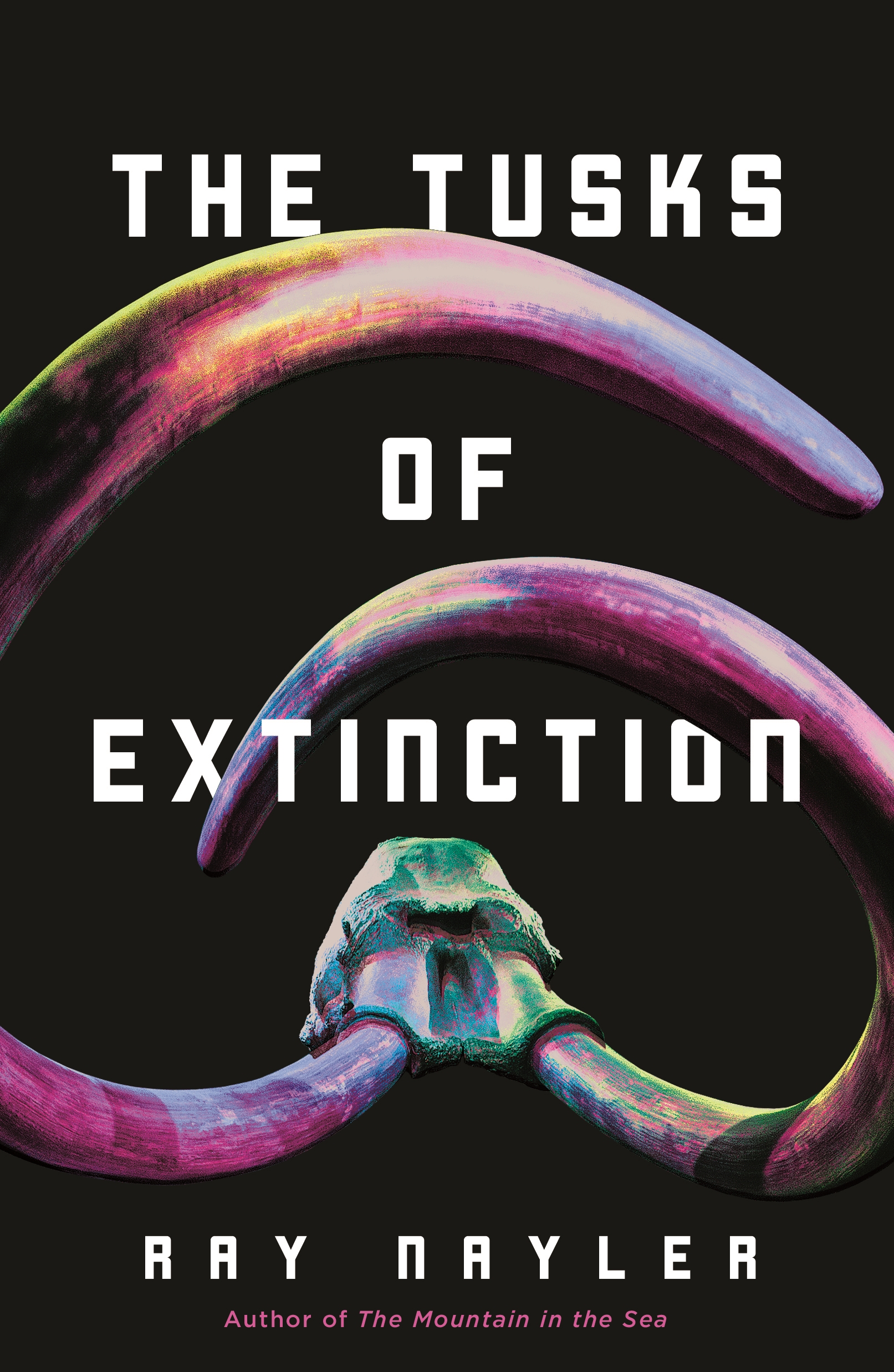Mentioned in an OpenMedia newsletter.
User Profile
Reading for sanity, solace, meaning, meandering. Partial to mountains and desert, climate themes, balancing the heavy with the light.
This link opens in a pop-up window
outofrange's books
User Activity
RSS feed Back
outofrange reviewed Invisible Rulers by Renee DiResta
Influencers demystified
4 stars
The clearest account I've found of how the culture wars work and why social media is such a fertile battleground. I dearly hope the decentralized future she envisions comes to pass.
The clearest account I've found of how the culture wars work and why social media is such a fertile battleground. I dearly hope the decentralized future she envisions comes to pass.
outofrange wants to read Arboreality by Rebecca Campbell
Good review by @nogoodnik
outofrange started reading Invisible Rulers by Renee DiResta

Invisible Rulers by Renee DiResta
An “essential and riveting” (Jonathan Haidt) analysis of the radical shift in the dynamics of power and influence, revealing how …
outofrange reviewed Children of Ruin by Adrian Tchaikovsky (Children of Time, #2)
Octopus scifi should be a genre
4 stars
The combination of familiar and unfamiliar life forms makes for good stories and really interesting ideas. A satisfying sequel, but I may need to give my brain a breather before stretching it further.
outofrange wants to read The Way by Cary Groner
Tantalizing review from @SallyStrange
This is just some fantastic insight on what appears to be the coming crash. 👇
How Catastrophic Is It If the AI Bubble Bursts? An FAQ. - The Ringer
https://www.theringer.com/2025/11/04/tech/ai-bubble-burst-popping-explained-collapse-or-not-chatgpt
outofrange reviewed Calypso by Oliver K. Langmead
A different flavor of character scifi
4 stars
I was skeptical that I'd have the patience for an epic poem, but I was immediately engaged. Each character has a distinct style, and the verse adds an emotional and metaphorical layer to the narrative. It makes for a softer, dreamier, but perhaps more penetrating story that sings its speculations.
I was skeptical that I'd have the patience for an epic poem, but I was immediately engaged. Each character has a distinct style, and the verse adds an emotional and metaphorical layer to the narrative. It makes for a softer, dreamier, but perhaps more penetrating story that sings its speculations.
outofrange wants to read Enshittification by Cory Doctorow
Ebook just released craphound.com/shop/
outofrange reviewed The Mountain in the Sea by Ray Nayler
Ode to the octopus
4 stars
All the things I like about scifi: interesting questions and ideas based on current knowledge, good characters enveloped in a gripping story, and a strong sense of wonder at our world despite the suffering that seems inherent in it. The speculative chronology didn't always make sense to me but didn't matter much in the scheme of ideas being explored. Perhaps one day humans will enjoy cephalopod-authored fiction.
All the things I like about scifi: interesting questions and ideas based on current knowledge, good characters enveloped in a gripping story, and a strong sense of wonder at our world despite the suffering that seems inherent in it. The speculative chronology didn't always make sense to me but didn't matter much in the scheme of ideas being explored. Perhaps one day humans will enjoy cephalopod-authored fiction.
outofrange wants to read Invisible Rulers by Renee DiResta
outofrange reviewed After The Revolution by Robert Evans
A wild rush with a pleasant hangover
4 stars
I almost don't know what hit me after reading this. Totally off the hook, gripping tale of dysotpian anarchical warfare. There are definitely good guys and bad guys but they're all roaringly fucked up or about to become so. Like a roller coaster that leaves you feeling a little sick but eager to get onboard again in spite of your better judgement.
I almost don't know what hit me after reading this. Totally off the hook, gripping tale of dysotpian anarchical warfare. There are definitely good guys and bad guys but they're all roaringly fucked up or about to become so. Like a roller coaster that leaves you feeling a little sick but eager to get onboard again in spite of your better judgement.
outofrange reviewed The Saint of Bright Doors by Vajra Chandrasekera
Dream logic
3 stars
Much is intriguing, little is certain, and events feel meaningful in ways that evade articulation. Upon waking details fade and I'm left feeling that something has shifted but I'm not sure what.
Much is intriguing, little is certain, and events feel meaningful in ways that evade articulation. Upon waking details fade and I'm left feeling that something has shifted but I'm not sure what.
outofrange wants to read Catching the Big Fish by David Lynch
Mentioned by Olympic runner and writer Alexi Pappas in Outside podcast












